Have you ever felt emotionally and mentally exhausted by the seemingly never-ending stream of crises in the world? From natural disasters and political unrest to global pandemics, it’s no wonder that many individuals experience what is known as crisis fatigue.
Today, we will delve into the concept of crisis fatigue, explore crisis fatigue symptoms, examine its causes, and offer practical strategies to help you cope with the overwhelming toll it can take on your well-being.
What is Crisis Fatigue?
Crisis fatigue refers to the emotional and mental exhaustion that arises from continuous exposure to distressing events or crises. It can lead to feeling overwhelmed, emotionally drained, and less able to cope with additional stressors, impacting overall well-being.
Imagine a rubber band being stretched beyond its limits. At some point, it loses its elasticity and becomes worn out. This is the answer to “What is crisis fatigue?”.

Crisis fatigue makes us emotionally and psychologically drained due to prolonged exposure to ongoing crises, whether on a personal or global scale. It is often characterized by a sense of overwhelming helplessness, apathy, and decreased motivation to engage with current events.
Related: When Life Feels Empty: 7 Signs of an Existential Crisis and Ways to Cope
Crisis Fatigue Symptoms You Can’t Afford To Ignore
Feeling exhausted by the never-ending stream of crises? You might be experiencing crisis fatigue. Here are some prominent and subtle crisis fatigue symptoms you should be aware of –
1. Emotional Exhaustion
One of the primary symptoms of crisis fatigue is emotional exhaustion. You may find yourself feeling drained, overwhelmed, and unable to cope with the constant influx of distressing news.
This emotional exhaustion can manifest as heightened irritability, mood swings, or even a sense of emotional numbness.
2. Decreased Empathy and Compassion
As crisis fatigue sets in, you may notice a decline in your ability to empathize with others or feel compassion for their struggles. This emotional detachment is a protective mechanism that your mind adopts to shield itself from the overwhelming emotional burden.
However, it can lead to a sense of guilt or disconnection from the suffering of others.
3. Increased Anxiety and Stress
The unrelenting exposure to crises can contribute to heightened levels of anxiety and stress. You may constantly worry about future catastrophes or feel a sense of impending doom. This chronic state of anxiety can impact your sleep patterns, appetite, and overall well-being.
4. Cognitive Overload and Difficulty Concentrating
Crisis fatigue can also affect your cognitive functioning. You may experience difficulty concentrating, memory lapses, or an inability to stay focused on tasks. The constant bombardment of distressing information can overload your cognitive capacity, making it challenging to process information effectively.
5. Physical Symptoms
In addition to the emotional and cognitive impact, crisis fatigue can also manifest in physical symptoms. These may include headaches, muscle tension, digestive issues, or a compromised immune system.
The mind-body connection often means that emotional stress can have tangible effects on your physical health.

Causes of Crisis Fatigue You Must Know About
From relentless news cycles to personal stressors, crisis fatigue can stem from various sources. Let’s dive into what causes this overwhelming feeling.
1. Information Overload
Living in the digital age has its advantages, but it also exposes us to an overwhelming amount of information. News cycles, social media, and instant notifications constantly remind us of the crises and challenges happening worldwide. The constant influx of distressing information can contribute to crisis fatigue.
Related: How To Find Inner Peace: 8 Strategies You Can Start Right Now
2. Empathy Burnout
As humans, we have a natural tendency to empathize with others. However, prolonged exposure to suffering and crisis can deplete our empathy reserves. Witnessing or hearing about the pain and struggles of others without a break can lead to empathy burnout and contribute to crisis fatigue.
3. Loss of Control
Feeling a lack of control over the crises occurring around us can significantly impact our well-being. When we perceive that our actions or efforts are futile in the face of ongoing challenges, it can lead to a sense of helplessness and exacerbate crisis fatigue.
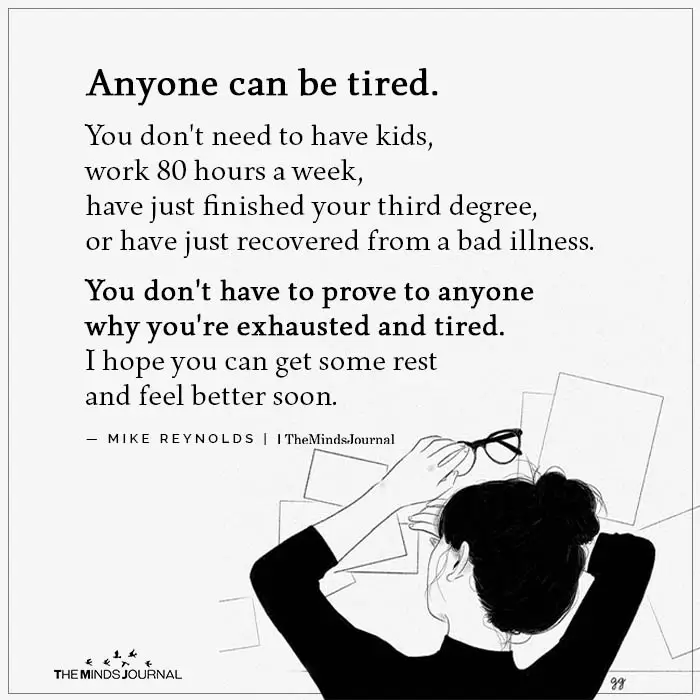
How to Cope with Crisis Fatigue: 5 Practical Tips
Feeling worn out by the constant barrage of crises? Here are some practical strategies to help you cope with crisis fatigue.
1. Limit Media Consumption
While it’s important to stay informed, it’s equally crucial to set boundaries on your media consumption. Limit the amount of time you spend watching or reading news, and be mindful of the sources you engage with.
Choose reputable sources that provide balanced information rather than those that sensationalize events.
2. Engage in Self-Care
Prioritize self-care activities that nourish your physical, emotional, and mental well-being. Engage in activities that bring you joy and relaxation, such as exercising, practicing mindfulness, pursuing hobbies, or spending time in nature.
Taking care of yourself is not selfish; it is essential for maintaining resilience in the face of crises.
3. Seek Support and Connection
Reach out to trusted friends, family members, or support groups who can provide a safe space for you to express your concerns and emotions. Sharing your feelings with others who understand can help alleviate the burden of crisis fatigue and provide a sense of validation and support.
4. Practice Mindfulness and Gratitude
Cultivating mindfulness and gratitude can help counteract the negative effects of crisis fatigue. Engage in mindfulness practices such as meditation or deep breathing exercises to bring your focus to the present moment.
Additionally, actively practicing gratitude by acknowledging the positive aspects of your life can shift your perspective and foster resilience.
5. Take Meaningful Action
While you may feel powerless in the face of global crises, taking meaningful action within your sphere of influence can help restore a sense of control. Engage in activities that contribute to positive change, whether it’s volunteering, supporting causes you believe in, or participating in community initiatives.
By making a difference, even on a small scale, you can regain a sense of purpose and agency.
Related: Feeling Hopeless? 5 Ways To Create Hope
Takeaway

Crisis fatigue is a common response to the overwhelming and continuous exposure to crises in our world. It can manifest as emotional exhaustion, decreased empathy, increased anxiety, cognitive overload, and physical symptoms. Understanding crisis fatigue symptoms and causes can help us navigate and cope with its effects.
Remember, it’s essential to prioritize your mental and emotional health during challenging times. By caring for yourself, you can be better equipped to care for others and contribute positively to the world around you.
So, take a deep breath, acknowledge your emotions, and remember that you’re not alone in experiencing crisis fatigue.
Frequently Asked Questions (FAQs):
What is crisis burnout?
Crisis burnout is a state of exhaustion and disengagement resulting from prolonged exposure to overwhelming crises, leading to decreased resilience.
What does stress fatigue feel like?
Stress fatigue feels like constant exhaustion, irritability, lack of motivation, and difficulty concentrating, often accompanied by physical symptoms.
How do you get rid of stress fatigue?
To alleviate stress fatigue, prioritize self-care, set boundaries, practice relaxation techniques, seek support, and engage in enjoyable activities regularly.
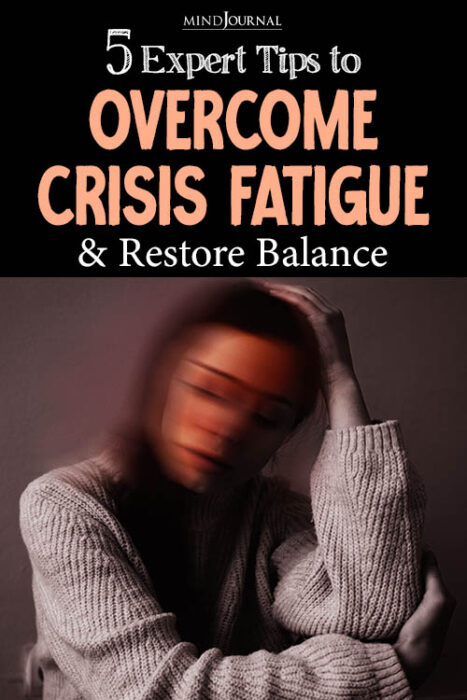


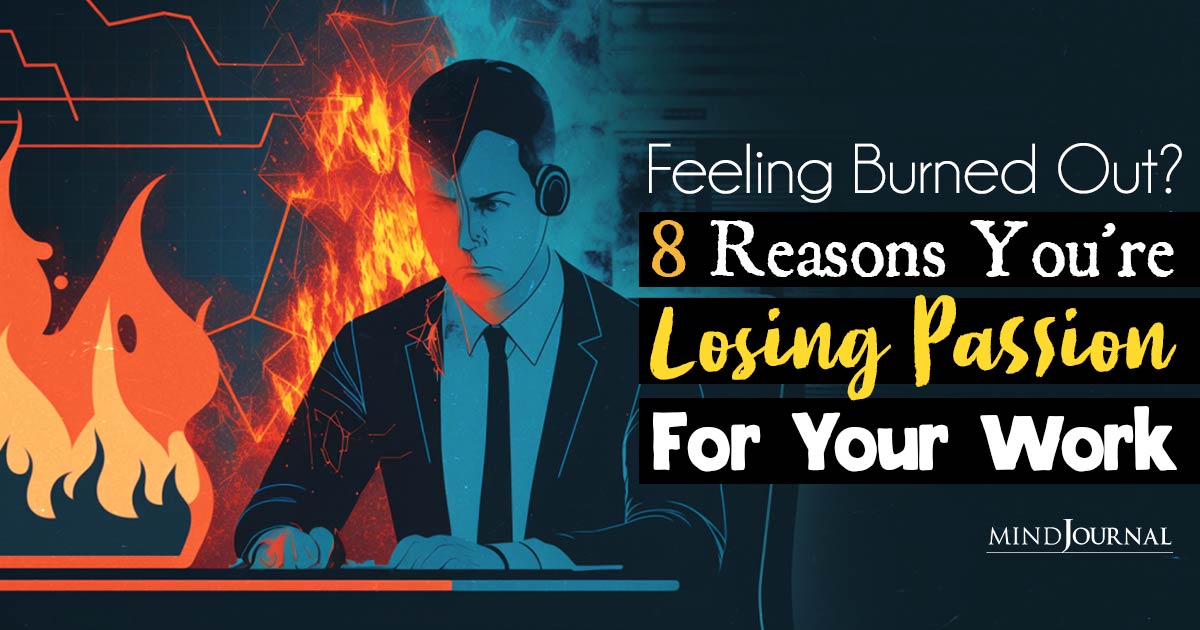

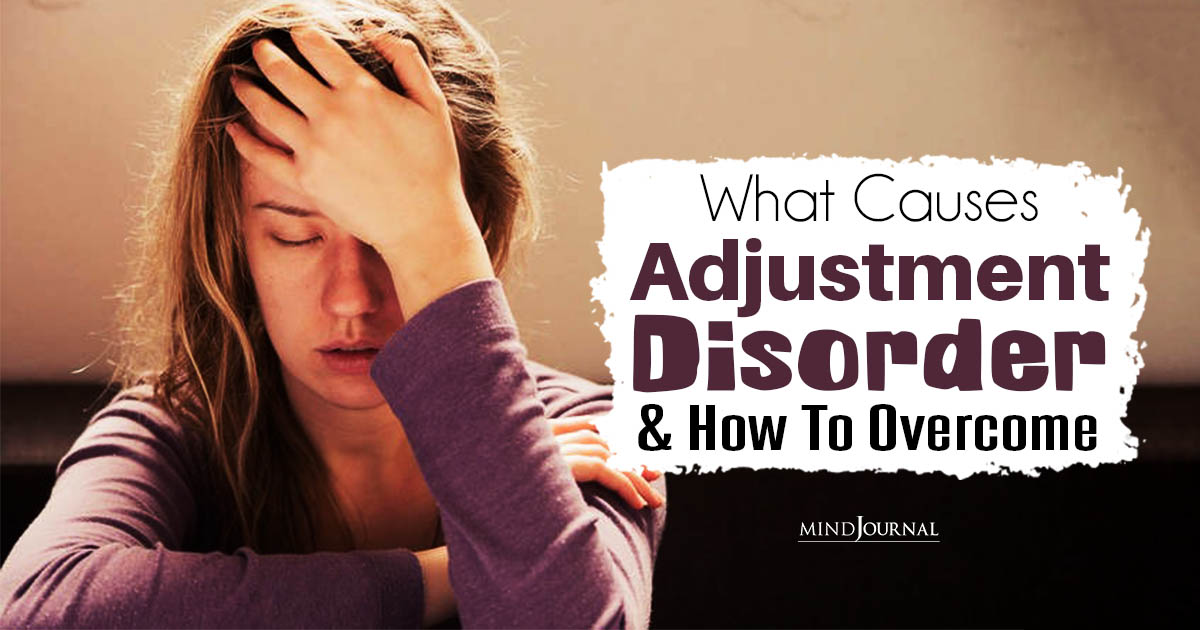

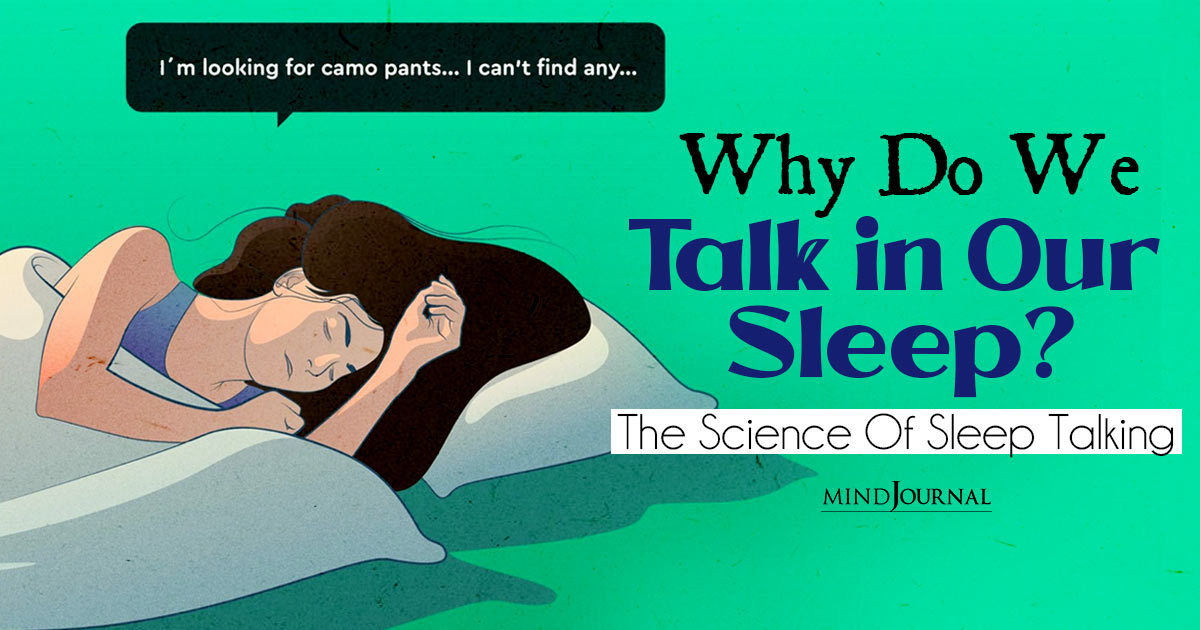

Leave a Reply
You must be logged in to post a comment.